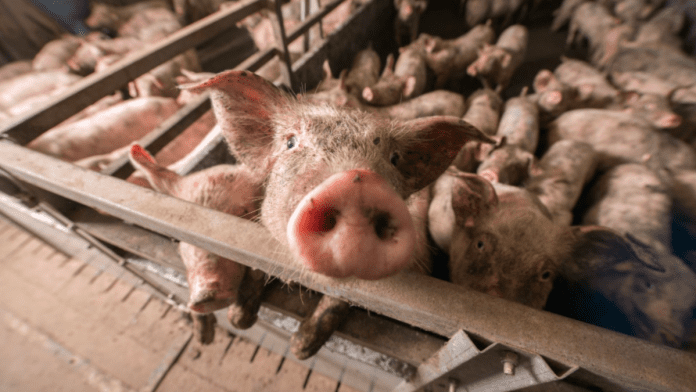News in brief:
-Â World Animal Protection has urged nations to curb factory farming to reduce greenhouse gas emissions of which it contributes 11%, annually.
– At COP28, the United Arab Emirates is urging countries to sign a leaders’ declaration aligning food production with emissions goals.
Environmental charity, World Animal Protection, has urged nations to curtail factory farming in order to reduce climate-warming greenhouse gas emissions.
This news comes as talks about climate change and its effect on food systems take center stage at the ongoing COP28 summit in Dubai.
According to a study released by the charity, factory farming alone accounts for at least 11% of global emissions. Also, approximately 70% of the 80 billion animals raised annually for food are confined in factory farm systems and contribute 6.2 billion metric tons of CO2 emissions each year.
The COP28 presidency of the United Arab Emirates (UAE) has called upon countries to sign a leaders’ declaration pledging to align food production with broader emissions goals. Additionally, it is spearheading efforts to promote agricultural innovation.
External Affairs manager at World Animal Protection, David Garrahy, expressed excitement at the COP summit. He noted that the leaders’ declaration commits countries that sign it to integrate food systems into their nationally determined contributions and national adaptation plans.
He added that food systems as a whole contribute about a third of global greenhouse gas emissions, with animal agriculture accounting for a fifth.
After examining more than 400 attribution studies, the charity determined that factory farming from the global north alone was responsible for around $8 billion in damage caused by recent extreme weather events in Asia, Africa, and South America.
World Animal Protection has urged for a ten-year moratorium on new factory farms. They also want countries to redirect subsidies towards more sustainable livestock and plant-based food production and advocated for increased contributions to climate loss and damage funds by large industrial farming conglomerates.



